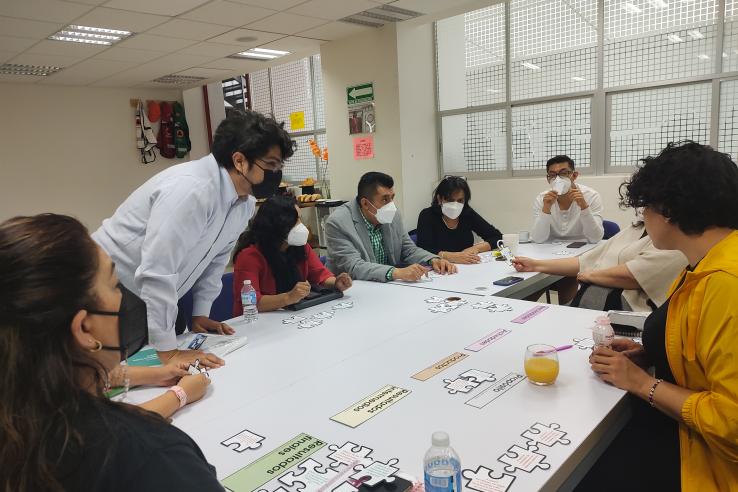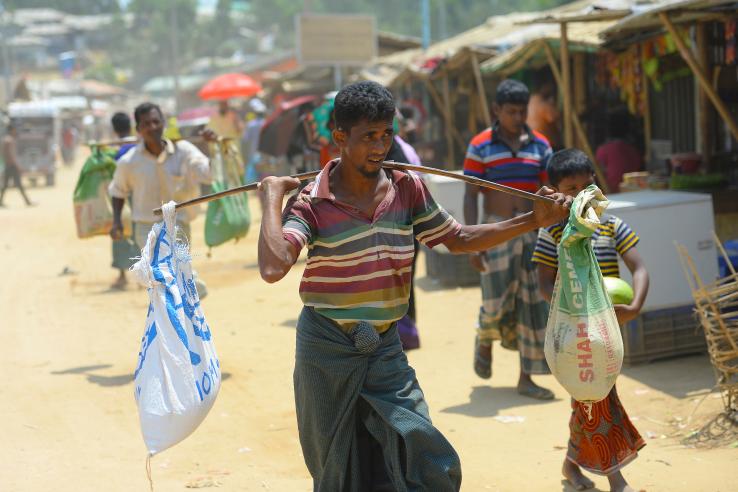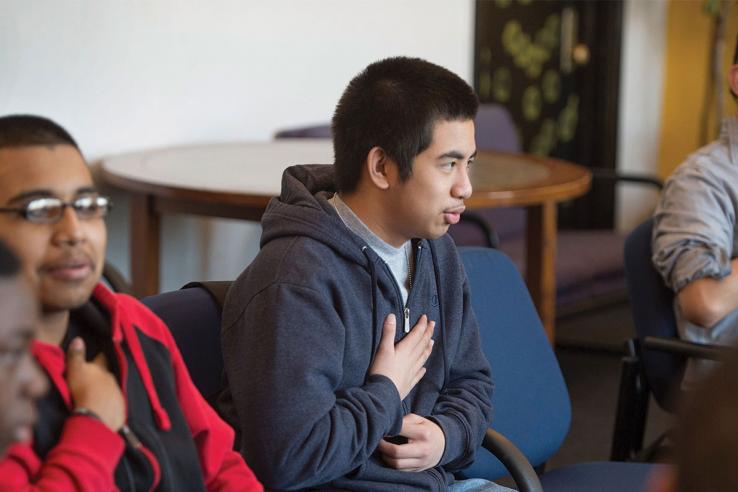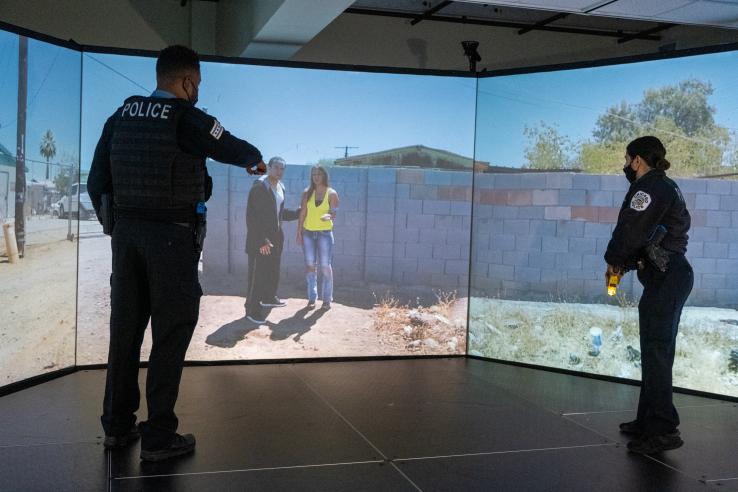Crime, violence et conflits

Case study
Help desks to improve women's access to justice
In India, the state of Madhya Pradesh scaled women’s help desks to 950 police stations statewide, making it easier for women to register crimes.

Blog
The Evidence Effect: Evidence for action in conflict and crisis
The people in urgent need of humanitarian assistance are among those hardest hit by cuts to foreign aid. With humanitarian funding at historic lows, many essential services are being scaled back or suspended altogether, leading to preventable deaths and putting millions more lives at risk. Restoring...

Case study
Strengthening initiatives to support women facing violence through a government collaboration
To better support women experiencing gender-based violence, the Mexico City Women's Committee (SEMUJERES) partnered with J-PAL affiliated researchers and J-PAL LAC to pilot new interventions, improve a cash transfer program, and embed evidence-informed practices into policy design and delivery.

Evaluation
The Impact of Employment and Cash Transfers on Psychosocial Wellbeing in Bangladesh
Researchers conducted a randomized evaluation to test the impact of employment on refugee psychosocial well-being in Bangladesh. The study found that employment generated significant psychosocial value beyond that from cash transfers alone.

Policy insight
Preventing crime and violence with behavior change techniques
Crime and violence prevention programs that draw on behavior change techniques to address cognitive biases in decision-making have been effective in reducing criminal, violent, and antisocial behaviors. These generally low-cost interventions may help participants enhance their emotional regulation...

File: Policy publication
A Cognitive Training to Improve Police Decision-Making
Adverse policing practices such as excessive use of force and unnecessary arrests, can be harmful to individuals and community members, and erode the public’s trust in police. To address this, researchers partnered with the Chicago Police Department to evaluate the impact of a new cognitive police...

File: Policy publication
Exploring the Intersections Between Climate, Governance & Conflict: GCCI Evidence Review
How do governance and conflict dynamics interact with climate change? What interventions can we invest in beyond mitigation to help manage the impacts of the climate crisis on governance and conflict? In this brief, we provide an overview of the theoretical frameworks and (quasi-) experimental...




